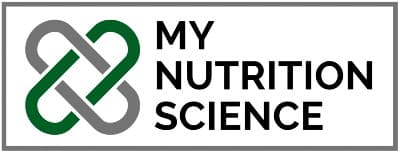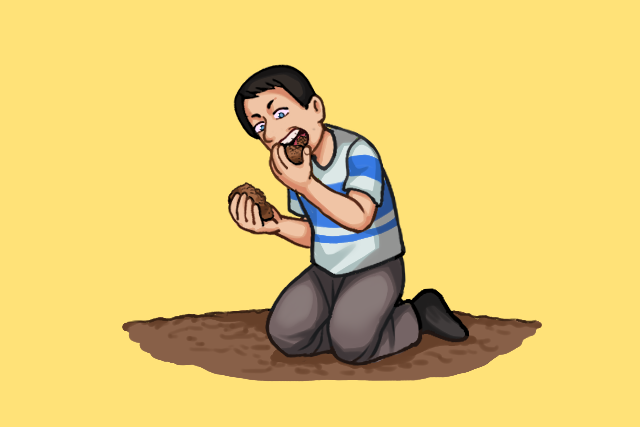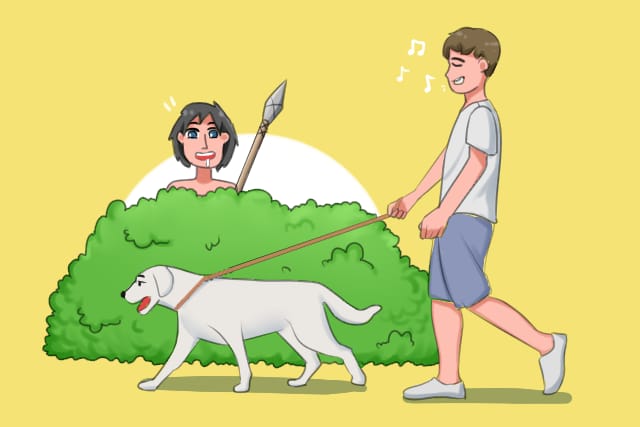Extended Summary
The claim that nutrients in plant foods are less bioavailable—or less able to be absorbed—than the same nutrients found in animal foods is true for some. For example, iron from plant (non-haem) sources is estimated to be 5–12% bioavailable, whereas iron from muscle meat (haem) sources is estimated to be 14–18% bioavailable. Non-haem iron is less bioavailable than haem iron because (1) it has to be converted to the more bioavailable (ferrous) form in the digestive tract, and (2) it comes packaged with compounds that reduce iron absorption (often called “anti-nutrients”), such as phytic acid, polyphenols, calcium, and fibre. On the other hand, haem iron does not have any such issues, and is readily absorbed.
A similar story applies to zinc and protein, with some exceptions. Plants containing these nutrients usually contain ‘anti-nutrients’ (e.g., phytic acid, fibre) that reduce their absorption.
Importantly, however, the fact that something may be less bioavailable does not entail that it is not bioavailable. This is the crux of our issue with the claim that ‘plant nutrients are not bioavailable’; it infers that consuming nutrients from plant foods alone cannot lead to nutritional adequacy. This is false. You can meet nutritional adequacy from solely eating plant foods if you simply eat more of the less bioavailable nutrients. For iron, the recommendation is to eat 80% more than the standard recommended intake (i.e., ~14 mg/d for adult males/post-menopausal females; ~32 mg/d for menstruating females). For zinc, the requirement may be up to 50% more (i.e., ~17 mg/d for males; ~12 mg/d for females). For protein, there are no specific recommendations for those consuming only plant foods (vegans), and the differences in bioavailability between plant and animal sources may be somewhat overstated. Indeed, when it comes to athletic performance, a high-protein vegan diet can support similar gains in muscle mass and strength compared to a protein-matched omnivorous diet in young and healthy individuals.
To add, the bioavailability of plant-sourced nutrients can be enhanced via an array of culinary practices, which deals another blow to the claim. For example, adding a source of ascorbic acid (vitamin C) to a meal can greatly increase the bioavailability of non-haem iron—enough to overcome other anti-nutritional factors—and food preparation methods such as pressure cooking, sprouting, or fermentation can enhance the absorption of minerals in plant foods. Food processing methods like milling grains and isolating proteins from plant foods also enhance nutrient bioavailability.
Please note that we do not want to downplay the risk of deficiency: it is true that vegans and vegetarians exhibit higher rates of deficiency for certain nutrients, such as iron. However, they also exhibit lower rates of deficiency for other nutrients, such as folate. There is also reason to believe that deficiencies experienced more often by plant-based eaters are mostly due to the lower quantity of the nutrient in plant foods—or in the case of B12, the absence—not due to lower bioavailability. This is why we have previously written about the importance of vitamin B12 supplementation for vegans.
Lastly, if an implication of the claim is that the more bioavailable the nutrient the better, we have a slight disagreement. There are a couple of examples of harms that may occur from higher nutrient bioavailability. For example, a greater intake of haem iron is associated with increased serum ferritin levels which, while good for preventing deficiency, may increase the risk of type 2 diabetes. Similarly, preformed vitamin A (found in animal foods) is highly bioavailable and, when eaten in excess, can lead to vitamin A toxicity. This effect is not observed with high intakes of beta-carotene, the less bioavailable plant source of vitamin A (although our skin can take on a yellow-orange hue when eaten in large quantities).
To summarise, nutrients in plant foods are bioavailable, just often less bioavailable than when contained in animal foods. Practically speaking, this means that vegans and vegetarians should be mindful of their nutrient status and eat a greater quantity of these nutrients (e.g., iron, zinc) to meet nutritional requirements. We recognise that certain populations may be at greater risk of deficiency for certain nutrients (e.g., menstruating females and iron) and may benefit from supplementation, particularly if they eat a plant-based diet. However, this doesn’t mean it’s not possible to meet nutrient requirements because of lower bioavailability per se; rather, supplementation can be a practical way to ensure nutritional adequacy in this population. On a final note, whether the lower bioavailability of certain nutrients in plant foods is inherently negative is also questionable, highlighted by potential health risks associated with high intakes of certain highly bioavailable nutrients.
Reviewed and Written by: Patrick Elliot
Peer-Reviewed by: Shaun Ward
Meet Our Team





